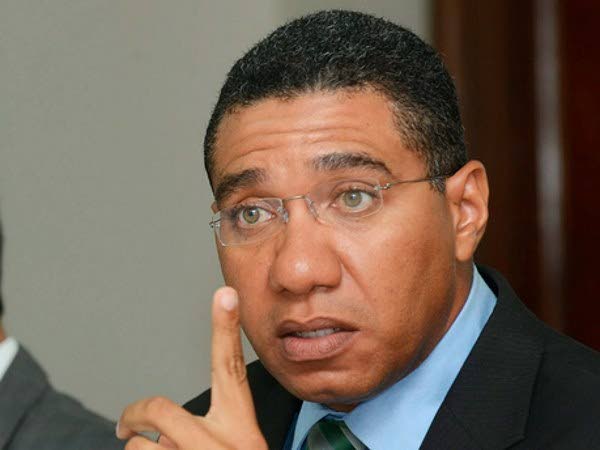Jamaica debt falls below 100% of GDP, first time since 2000

The International Monetary Fund (IMF) is projecting that for the first time since 2000, Jamaica’s public debt will fall below 100 per cent – to 98.7 per cent for 2019.
In a release following the fifth review of the country’s performance under IMF stewardship (a 36-month stand-by arrangement with access to US$1.66 billion), the fund was complimentary of several aspects of the economy, noting that unemployment is near all-time lows, business confidence is high, and the economy is estimated to have expanded by 1.8 per cent in 2018, buoyed by mining, construction and agriculture.
International reserves are also estimated to be comfortable under a more flexible exchange rate. All quantitative performance criteria at end-December 2018 were met, and the structural benchmark to table in parliament amendments to the Bank of Jamaica (BOJ) Act was completed in October 2018, the fund said. On the flipside, the fund noted that in December 2018, inflation was 2.4 per cent, triggering staff consultation under the Monetary Policy Consultation Clause. It remained at the same level in February 2019.
The Jamaican authorities continue to view the agreement as precautionary, the bank said, and to use it as an insurance policy against unforeseen external economic shocks that could lead to a balance of payments need, though strong implementation of the reform programme continues.
Achieving higher growth calls for action from both the public and private sector, the Jamaican Government over the coming fiscal year plans to reduce the primary surplus by half a per cent of GDP to 6.5 per cent, without compromising the medium-term public debt anchor. This fiscal loosening supports growth and social spending by providing resources for security, infrastructure, school meals and transportation. Further, cuts to distortionary financial taxes will help support economic activity and job creation. The private sector should capitalise on these fiscal measures to increase investment, and create new opportunities for advancing financial inclusion, the fund said.
Public sector governance shortcomings should be immediately addressed, and can be achieved by, among other things, empowering the integrity commission, passing regulations to solidify a transparent and competency-based process for board appointments to public bodies’ boards, and reducing the number of public bodies.
An ongoing commitment to strengthen domestic institutions is needed as Jamaica prepares to exit from the fund financial arrangement later this year, the IMF said. It also recommended overhauling the public sector compensation structure by streamlining allowances and making it performance-based, prioritising and reducing government functions and size, and upgrading public bodies’ governance as policies critical for fiscal sustainability.


Comments
"Jamaica debt falls below 100% of GDP, first time since 2000"